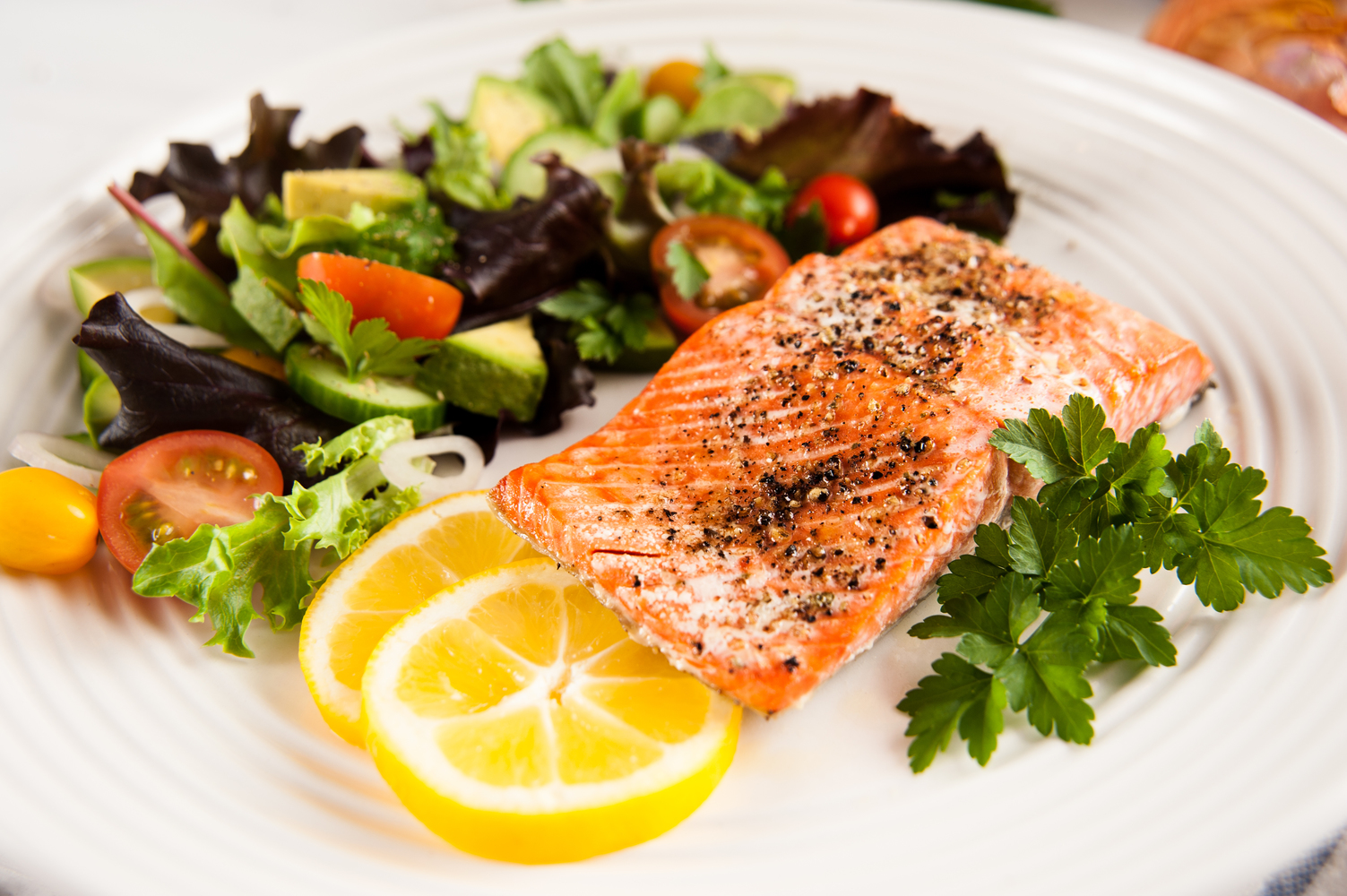Myths About The Paleo Diet
Myths about the Paleo diet
A Paleo diet is basically a diet plan that includes the same foods that were consumed during the Paleolithic era. This kind of diet for vegetarians also includes fruits, vegetables, seeds, and nuts, which used to be consumed in the past by hunters and gatherers.
The Paleo diet is particularly tough for beginners because it limits the consumption of products such as dairy, grains, and legumes, which started being consumed by humans once farming became a common occupation. This diet is also referred to as Paleolithic diet, caveman diet, hunter-gatherer diet, and even stone age diet.

The following article aims at breaking these myths and unraveling the facts about the Paleo diet.
Is the Paleo Diet just another low-carb fad diet?
- No, the Paleo Diet is often promoted as a low-carb diet to attract more and more people. However, it is more than just a low-carb diet.
- In fact, there are a lot of foods that are consumed in the Paleo diet which contain complex carbohydrates.
- Some examples of these foods include sweet potatoes, fruits, and winter squash. This variety of foods help in making the Paleo diet for beginners easy to adapt and transition to from their normal diet plans.
Does giving up dairy during Paleo mean your calcium nourishment will be cut off?
- This is another myth that people have regarding the Paleo diet. It is important to remember that milk was not a frequently consumed product during the Paleolithic era and the principle of this diet says that our bodies are made for the kind of nourishment our ancestors received.
- To get an adequate amount of calcium from milk, you would need to consume three glasses of milk, but there are many other sources which are richer in this nutrient.
- For example, leafy greens and nuts can provide you with a good amount of calcium required for the normal functioning of your body.
Does the Paleo Diet majorly concentrate on protein intake, making it unsafe for your kidneys?
- No, this is not true at all. The Paleo diet mainly consists of adequate amounts of carbs as it is predominantly a diet full of vegetables. It makes up for 60% to 70% of your diet.
- Additionally, it is also important to know that many studies have been conducted in order to clear this myth. People do not have issues with kidneys due to over-consumption of protein unless they are already suffering from a kidney disease.
Will I be spending a lot while following the Paleo diet?
- No, you would not be spending too much on the Paleo diet. Especially when you cut out on junk food and other unnecessary foods that you consume, then this can be balanced out.
- It is a healthier shift from the usual food we consume. Imagine swapping frozen pizzas and unhealthy burgers for fresh fruits and vegetables. It is that good!
- However, one area where you would be saving up in the long term is health care. Your doctor bills will be much lower as compared to what it would be if you continue unhealthy eating habits.
Would I have to give up on all my favorite foods or can I find a Paleo substitute for them?
- This myth is half true and half false. However, since the Paleo diet has become quite popular, there are plenty of substitutes in the market now.
- Therefore, if you practice quantity control, then you can have Paleo substitutes for daily items such as waffles, cakes, bread, and even pancakes.
- With a little effort, you can continue eating your favorite food items. You would just need to swap it for healthier alternatives.
People also feel that planning a Paleo diet may be too time-consuming. However, the truth is that any lifestyle change requires little attention and planning. It is the same for any other diet. When you throw out processed food, you will have to give some time to cook fresh food with new recipes.

